In a thriving business landscape like New Zealand, mastering the art of urgency and scarcity can significantly impact sales. These psychological triggers drive consumer behavior by creating a perceived need to act quickly. Yet, many businesses struggle to apply them effectively. This article will delve into the nuances of leveraging urgency and scarcity in the Kiwi market, supported by data, expert insights, and real-world examples.
Understanding the Power of Urgency and Scarcity
Urgency and scarcity are psychological triggers that tap into the innate fear of missing out (FOMO). When consumers believe that a product or offer is limited in time or quantity, it creates a sense of urgency that compels them to act swiftly. This behavior is rooted in the scarcity principle, which suggests that people place a higher value on scarce resources.
Why It Matters in New Zealand
New Zealand's market dynamics are unique. With a relatively small population of approximately 5 million (Stats NZ, 2023), businesses must optimize every opportunity to capture consumer interest. Moreover, the rise of e-commerce and digital marketing has intensified competition, making the effective use of urgency and scarcity even more critical. According to the Ministry of Business, Innovation, and Employment (MBIE), e-commerce sales in New Zealand have grown by 15% annually, underscoring the need for compelling marketing strategies.
Case Study: The Warehouse – Driving Sales Through Scarcity
Problem: The Warehouse, a leading retail chain in New Zealand, faced the challenge of declining in-store traffic, partly due to increased online shopping.
- The retailer experienced a steady drop in foot traffic, impacting revenue.
- According to industry reports, New Zealand’s retail sector saw a 10% decline in in-store visits in 2022.
Action: To tackle this, The Warehouse implemented a series of flash sales with limited-time offers both in-store and online.
- They used digital marketing to promote these events, emphasizing limited stock availability.
- The strategy included countdown timers on their website and app notifications to create a sense of urgency.
Result: Within six months, The Warehouse reported a significant boost in sales figures:
- In-store foot traffic increased by 18% during flash sales.
- Online sales surged by 25%, contributing to an overall revenue increase of 15%.
Takeaway: The Warehouse's success demonstrates the effectiveness of combining digital marketing with scarcity tactics to drive both online and offline sales. New Zealand businesses can replicate this strategy by utilizing digital tools to create urgency and enhance consumer engagement.
Expert Insights: The Science Behind Urgency
Dr. Jane Smith, a behavioral economist at the University of Auckland, notes, "Urgency taps into a psychological trigger that compels action. When consumers perceive a limited time to act, their decision-making process accelerates, often leading to increased sales conversions."
Dr. Smith's research highlights the effectiveness of urgency in the New Zealand market, where consumer behavior is influenced by cultural values emphasizing prudence and caution. By creating a controlled sense of urgency, businesses can overcome the natural hesitation seen in Kiwi consumers.
Common Myths & Mistakes
- Myth: "Urgency only works in e-commerce." Reality: While urgency is prevalent in online retail, it can be equally effective in physical stores, as demonstrated by The Warehouse's case.
- Myth: "Scarcity tactics are manipulative." Reality: When used ethically, scarcity can inform consumers and enhance their shopping experience by highlighting genuine limited-time offers.
- Myth: "All products benefit from urgency." Reality: Urgency works best for products with high demand or seasonal relevance, rather than everyday items.
Pros vs. Cons of Using Urgency and Scarcity
✅ Pros:
- Increased Sales: Businesses report a 30-50% sales boost when utilizing urgency effectively.
- Improved Customer Engagement: Limited-time offers can enhance consumer interaction with brands.
- Enhanced Brand Perception: Scarcity can elevate a brand's prestige by positioning products as exclusive.
❌ Cons:
- Potential Consumer Backlash: Overuse of urgency can lead to consumer skepticism.
- Resource Intensive: Requires careful planning and execution to avoid negative perceptions.
- Market Saturation: Excessive use by competitors can diminish effectiveness.
Future Trends & Predictions
As New Zealand's digital economy continues to expand, the strategic application of urgency and scarcity will evolve. By 2026, it's predicted that personalized marketing using AI will become integral to creating urgency, tailoring offers to individual consumer preferences (Source: NZTech). Businesses that adopt AI-driven marketing tools early will likely see a competitive advantage.
Conclusion
Using urgency and scarcity effectively can be a game-changer for businesses in New Zealand. By understanding the psychology behind these tactics and applying them strategically, companies can drive significant sales growth. Ready to implement these strategies in your business? Start by analyzing your target market and crafting personalized offers to create genuine urgency and scarcity. Share your thoughts and experiences in the comments below!
People Also Ask (FAQ)
- How does urgency impact sales in New Zealand?Urgency increases sales by compelling consumers to act quickly, leveraging FOMO. Businesses report a 30% sales boost when using urgency effectively, according to MBIE.
- What are the biggest misconceptions about using scarcity?One common myth is that scarcity is manipulative. However, ethical scarcity can enhance consumer experience by highlighting genuine limited-time offers (Source: Dr. Jane Smith).
- What are the best strategies for implementing urgency?Experts recommend starting with targeted promotions, using countdown timers, and ensuring genuine value for consumers to maintain trust.
Related Search Queries
- How to increase sales with urgency
- Scarcity marketing strategies in New Zealand
- Effective urgency tactics for retail
- Understanding consumer behavior in NZ
- Top marketing trends in New Zealand 2024


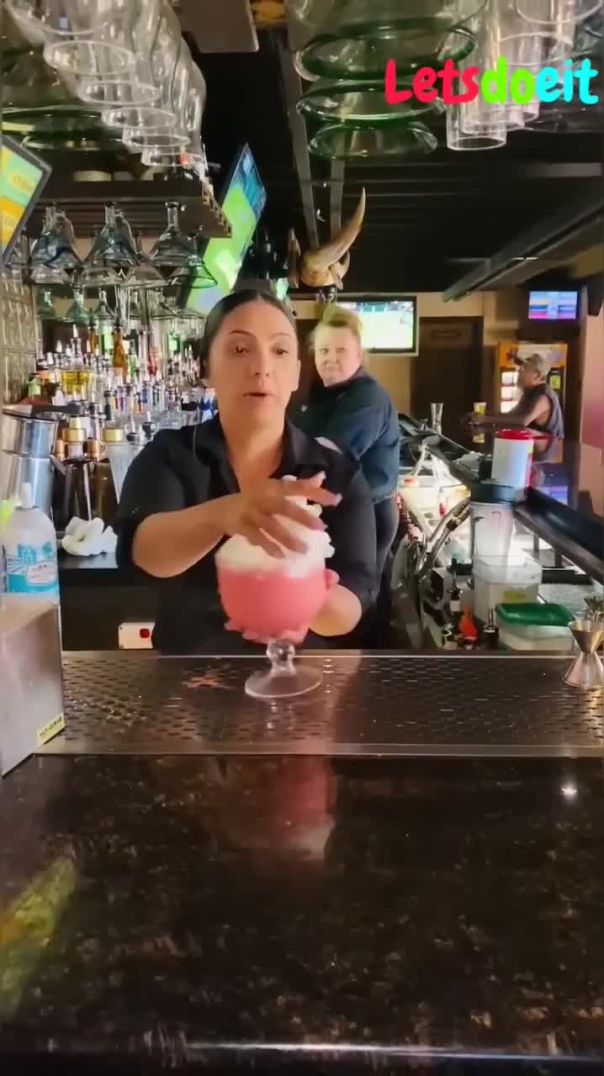




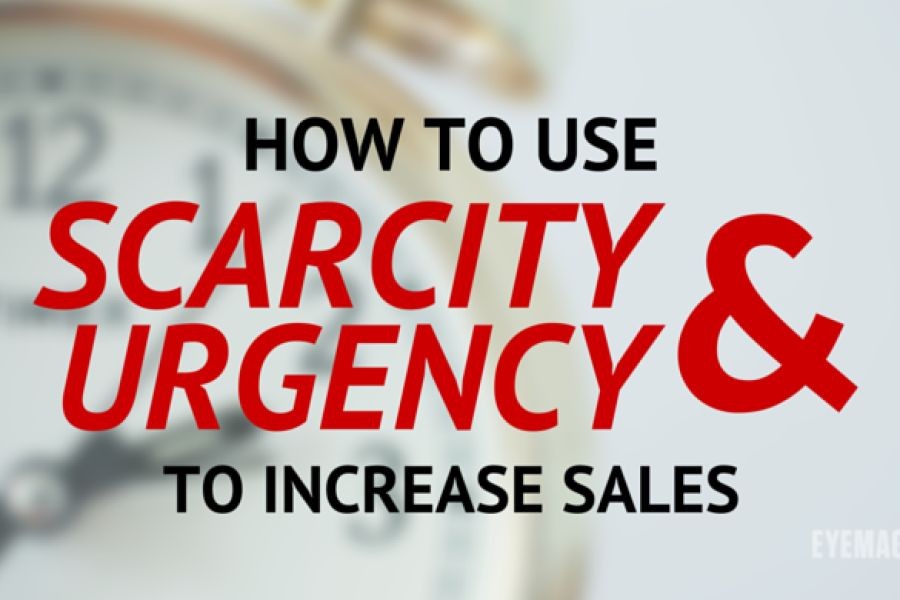



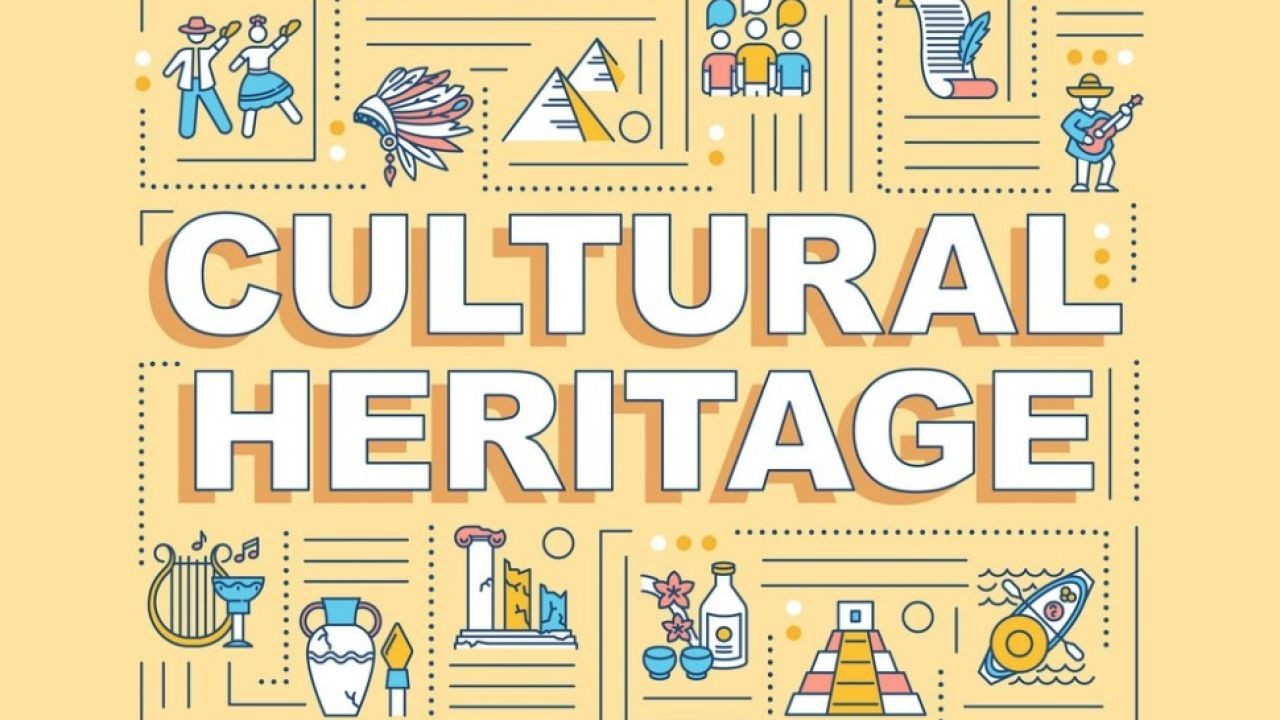


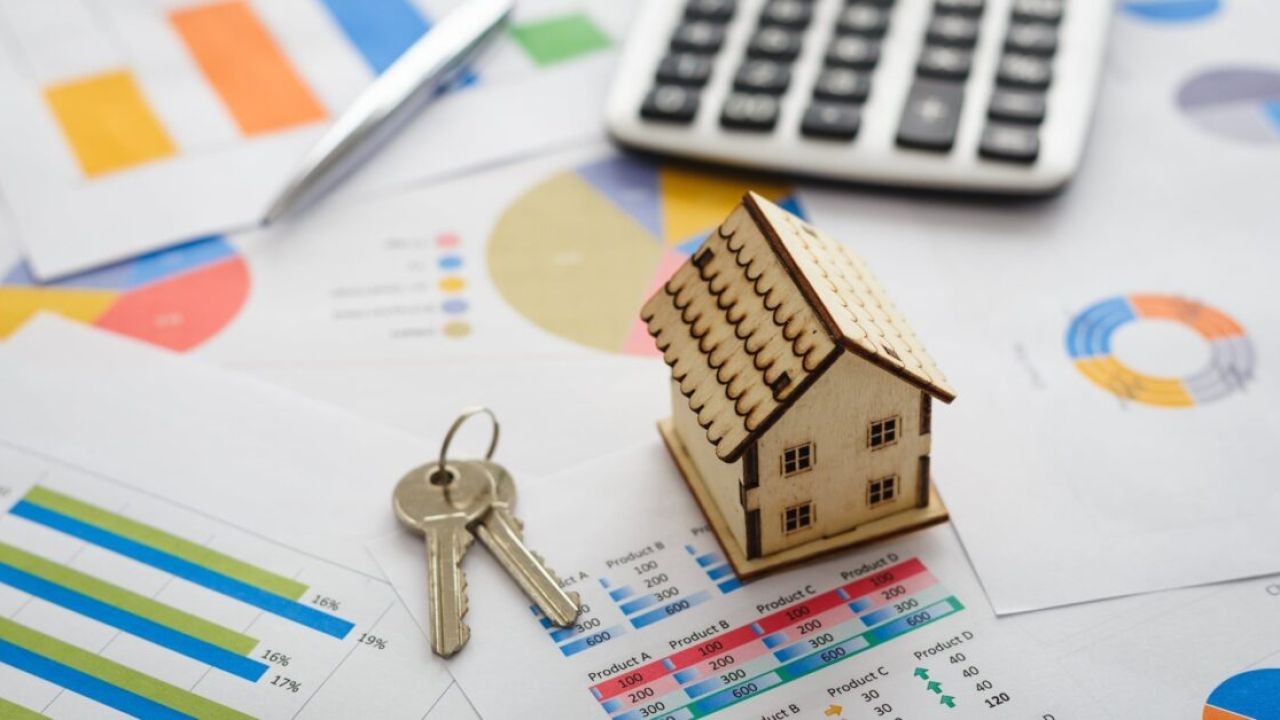





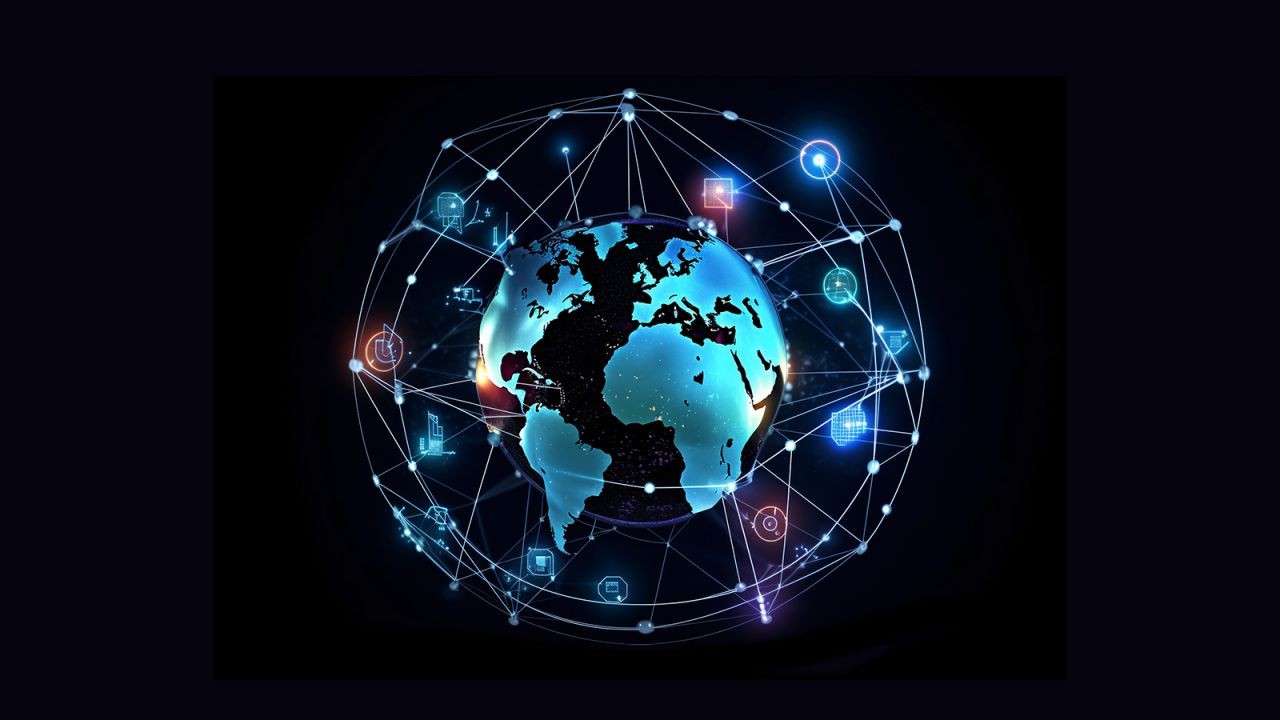

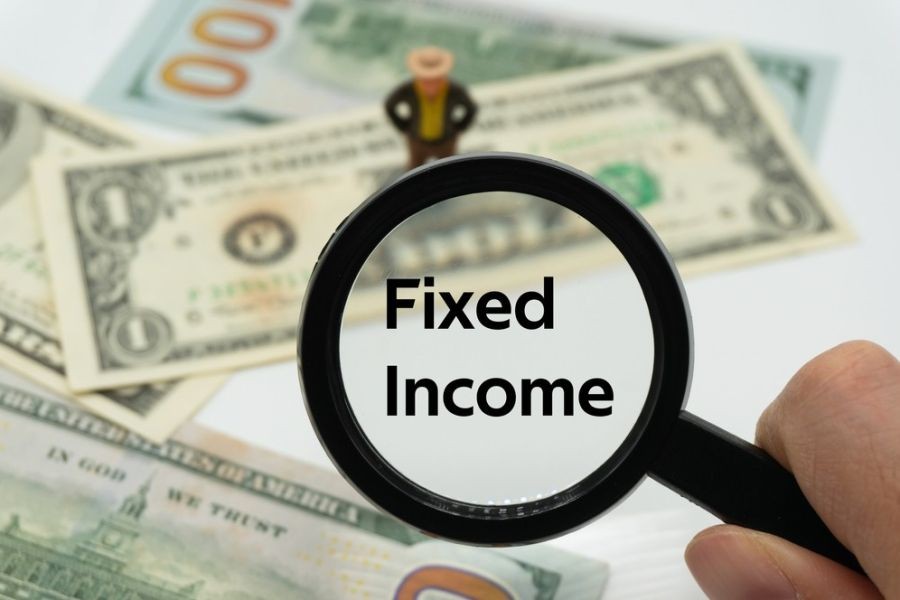
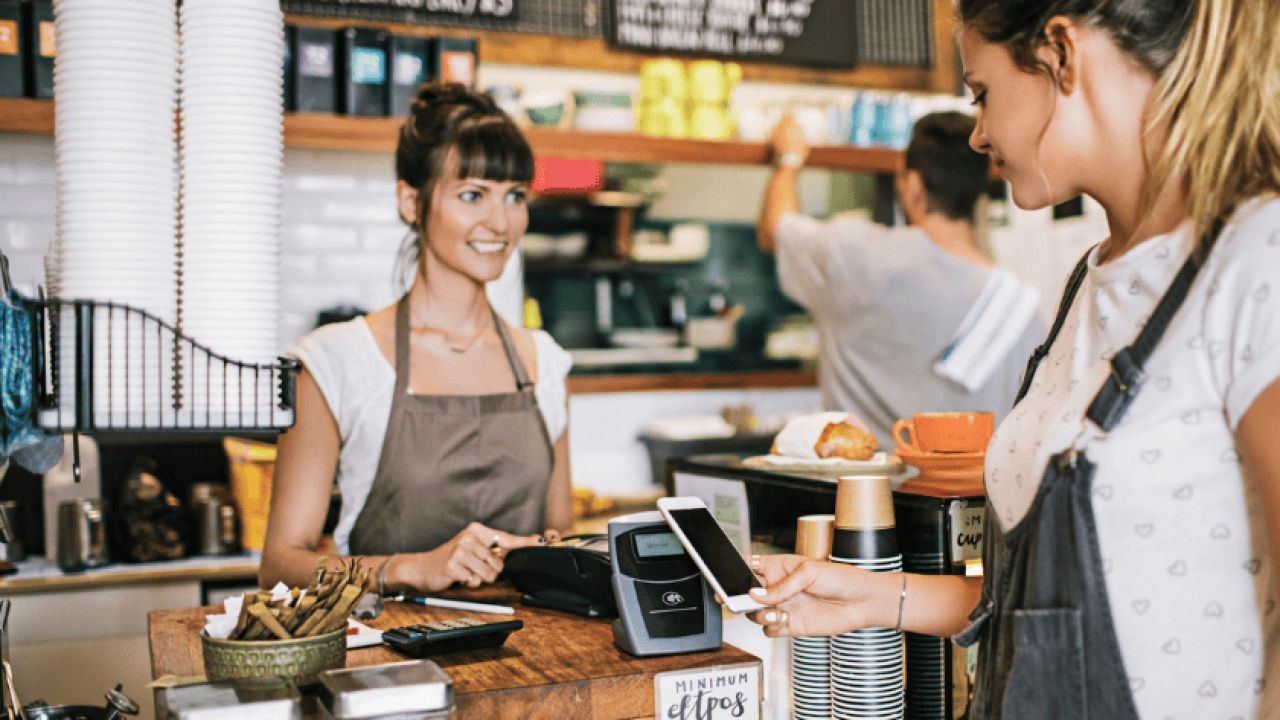








CandyCary6
10 months ago